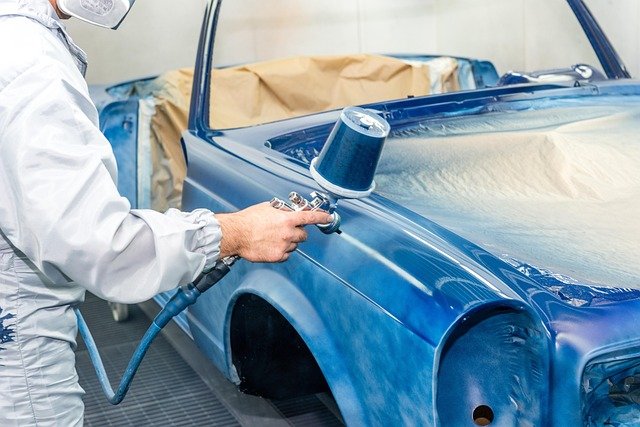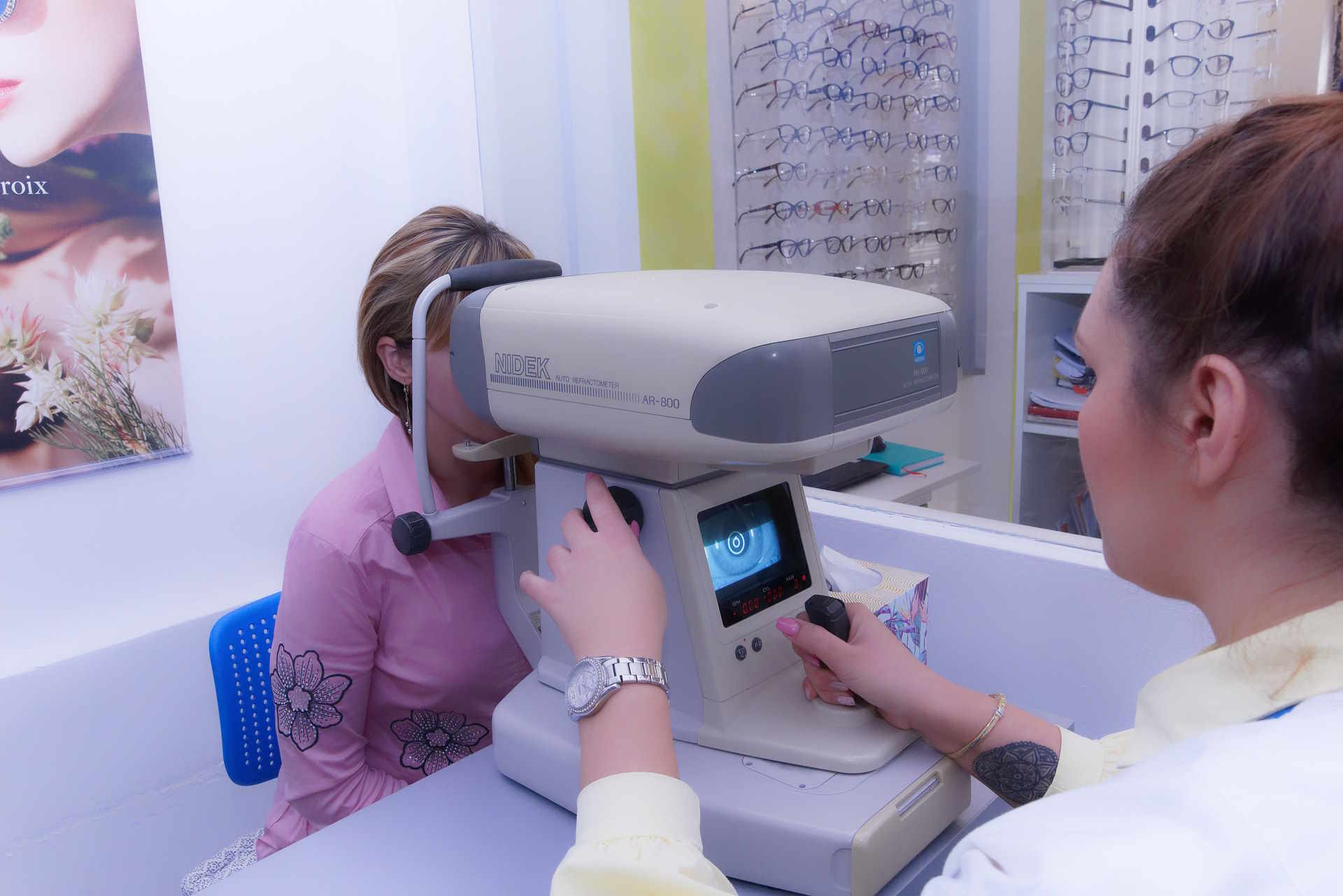Finding an Auto Body Shop in Your Area: What to Know
When looking for an auto body shop, many drivers compare services , customer feedback, and explore options based on location. Understanding repair needs can help identify reliable choices. The Internet also helps with finding auto body shop near you.

How can I locate auto body shops near me?
Finding auto body shops in your vicinity is easier than ever, thanks to modern technology and online resources. Start by using search engines and entering phrases like “auto body shops in [your city]” or “collision repair near [your location].” Many online directories and review platforms, such as Yelp, Google Maps, and YellowPages, provide listings of local auto body shops along with customer reviews and ratings.
Another effective method is to ask for recommendations from friends, family, or colleagues who have recently had their vehicles repaired. Personal experiences and word-of-mouth referrals can be valuable in finding trustworthy shops. Additionally, your insurance company may have a list of preferred auto body shops in your area, which can be a good starting point for your search.
What should I look for in a local auto body shop?
When evaluating auto body shops in your area, several factors should be considered to ensure you’re choosing a reputable and skilled facility:
-
Certifications and qualifications: Look for shops that employ ASE-certified (Automotive Service Excellence) technicians or have I-CAR (Inter-Industry Conference on Auto Collision Repair) Gold Class recognition. These certifications indicate a commitment to ongoing training and industry standards.
-
Experience and specialization: Consider how long the shop has been in business and whether they specialize in repairing your specific make and model of vehicle. Some shops may have expertise in certain brands or types of repairs.
-
Equipment and technology: Modern auto body repair requires advanced equipment and technology. Inquire about the shop’s painting facilities, frame straightening equipment, and diagnostic tools to ensure they can handle your repair needs effectively.
-
Warranty offerings: Reputable auto body shops typically offer warranties on their work. Ask about the terms and duration of their warranty to protect your investment in case any issues arise after the repair.
-
Customer service: Pay attention to how the staff treats you during your initial interactions. A shop that values customer service is more likely to provide a positive repair experience and address any concerns promptly.
How can I find the best auto body shops online?
To identify the top auto body shops in your area using online resources, follow these steps:
-
Read customer reviews: Look for shops with consistently positive reviews across multiple platforms. Pay attention to comments about the quality of work, customer service, and timeliness of repairs.
-
Check ratings and accreditations: Look for shops with high ratings on review sites and check if they’re accredited by the Better Business Bureau (BBB). A good BBB rating indicates a history of resolving customer complaints satisfactorily.
-
Examine before-and-after photos: Many reputable auto body shops showcase their work online. Look for galleries or social media posts featuring before-and-after photos of repairs to gauge the quality of their work.
-
Verify insurance partnerships: Check if the shop works with major insurance companies. This can streamline the claims process and ensure that the repair meets your insurer’s standards.
-
Compare services offered: Look for shops that provide comprehensive services, including paintless dent repair, frame straightening, and color matching. A full-service shop can handle a wide range of repair needs.
What factors influence auto body repair costs?
Understanding the factors that affect auto body repair costs can help you better evaluate estimates from different shops:
-
Extent of damage: Minor dents and scratches are generally less expensive to repair than major structural damage or frame issues.
-
Vehicle make and model: Luxury or specialty vehicles often require more expensive parts and specialized labor, increasing repair costs.
-
Paint work: Matching paint colors and blending new paint with existing paint can be a significant portion of repair costs, especially for newer vehicles with complex finishes.
-
Parts availability: OEM (Original Equipment Manufacturer) parts are typically more expensive than aftermarket alternatives but may be necessary for certain repairs or to maintain warranty coverage.
-
Labor rates: Hourly labor rates can vary significantly between shops and regions, affecting the overall cost of repairs.
How do popular auto body shops compare in services and features?
When comparing auto body shops, it’s helpful to look at the services and features offered by well-known providers. Here’s a comparison of some popular national auto body repair chains:
| Provider Name | Services Offered | Key Features/Benefits |
|---|---|---|
| Caliber Collision | Collision repair, paint services, dent removal | Nationwide warranty, online scheduling, rental assistance |
| Gerber Collision & Glass | Auto body repair, glass replacement, paintless dent repair | Lifetime warranty on workmanship, 24/7 assistance, mobile estimates |
| MAACO | Collision repair, auto painting, fleet services | Affordable paint packages, nationwide locations, free online estimates |
| Service King | Collision repair, hail damage repair, fleet services | National lifetime warranty, online repair tracking, rental car assistance |
Prices, rates, or cost estimates mentioned in this article are based on the latest available information but may change over time. Independent research is advised before making financial decisions.
How should I prepare for my auto body shop visit?
Before visiting an auto body shop for an estimate or repair, take these steps to ensure a smooth process:
-
Document the damage: Take clear photos of the damage from multiple angles before bringing your vehicle in for an estimate.
-
Gather relevant information: Have your insurance policy information, vehicle registration, and any police reports (if applicable) ready.
-
Prepare questions: Make a list of questions about the repair process, timeline, and any concerns you may have about your vehicle’s specific needs.
-
Understand your insurance coverage: Review your policy to know what’s covered and what your deductible is before discussing repairs with the shop.
-
Get multiple estimates: If time allows, obtain estimates from at least three reputable shops to compare pricing and services.
By following these guidelines and doing thorough research, you can find a reliable auto body shop in your area that will restore your vehicle to its pre-accident condition. Remember to prioritize quality workmanship and customer service over the lowest price to ensure a satisfactory repair experience.




